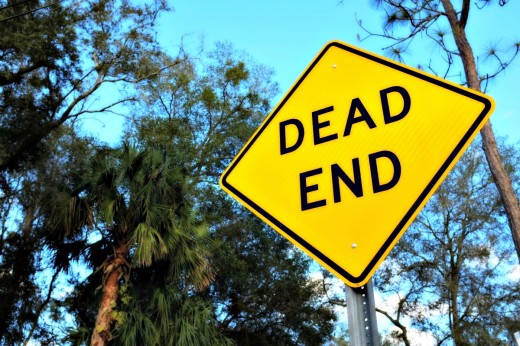I’ll never forget the day I received my first email from a “donotreply@company.com” address. How can they tell me “Do not reply” like that? My gears began to turn… and it changed my life.
Just the thought of having the mere option to not reply to someone? What a breakthrough!
When I first realized this, I remember feeling lied to by all of society. All of the people-pleasers I had grown up around were trying to teach me that I always have to reply to someone’s statement or inquiry. It’s proper and etiquette and you just have to because it’s a social norm.
The disadvantages with this social norm? I see two right off the bat:
- If I “have to” respond, I have so little control over the conversation.
- If my counterpart doesn’t reply to my comment or question, then they have full control over the conversation. And more tragically, they have the last word!
Conversely, I realized several distinct advantages to the “donotreply” email address method:
- By sending from a “donotreply” address, people naturally assume the conversational exchange is over and are unlikely to respond.
- Even if someone does reply, I am not expected to acknowledge it, let alone address the content.
- This way, I am guaranteed to have the last word!
This reminds me to change my professional email address…
Do Not Reply,
W. Albert Jameson, IV
Many companies send customers emails from a “donotreply” address… Why is that a thing? Couldn’t it be from “customerservice” instead? Shouldn’t replies go to a person?
There’s nothing like a one-sided conversation to kill empathy and connection. If you are eager to live out your days in social isolation, I highly recommend Albert’s approach to communication.
Otherwise, you might want to keep yourself approachable and open to responses. Having the last word isn’t so awesome when it drives everyone away.
-Andrew
In what situations do you fight for the last word? Why is that important for you?

